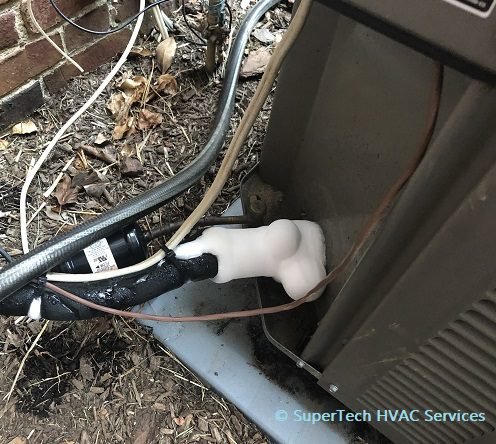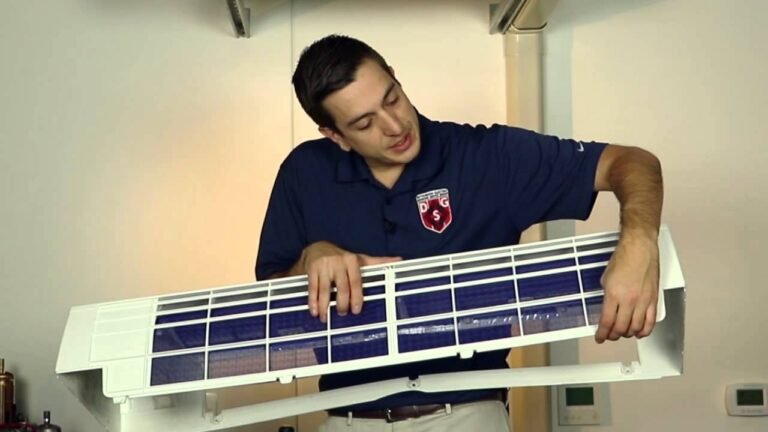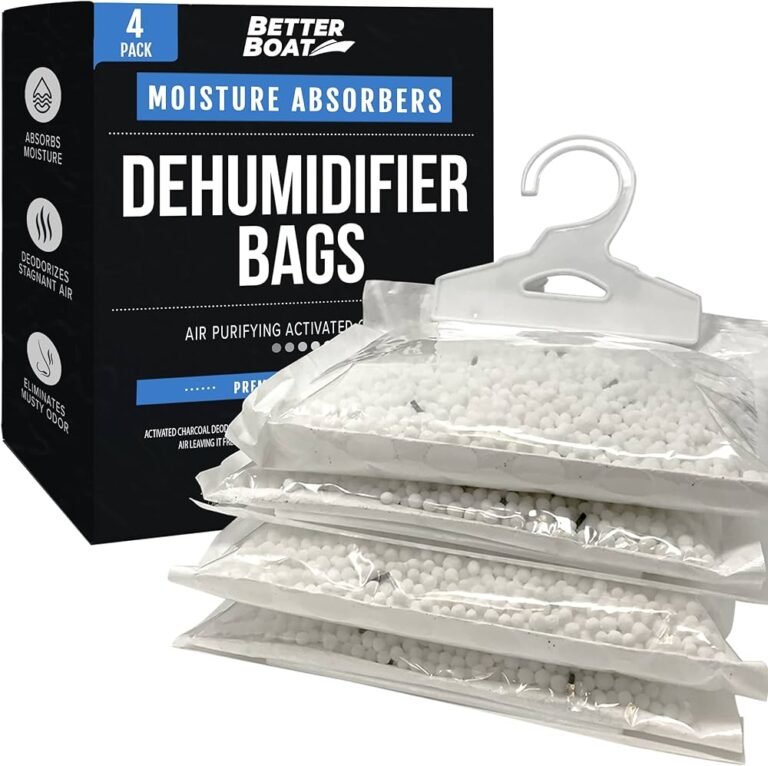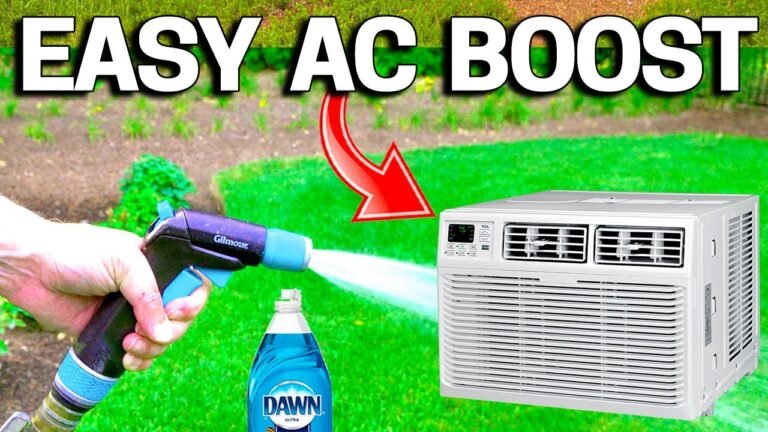How Do I Know If My AC is Frozen: Signs and Solutions
To determine if your AC is frozen, check if there is ice buildup on the evaporator coil or if the air blowing from the vents is not cool. If you notice these signs, there is a high possibility that your AC is frozen.
Maintaining a comfortable indoor environment is paramount during the scorching summer days, and your AC plays a vital role in achieving this. However, just like any other system, your AC may encounter issues that can affect its performance. One common problem with air conditioners is freezing, which can hinder their cooling capabilities.
It is essential to identify this issue promptly to prevent further damage and ensure efficient cooling. We will explore the telltale signs of a frozen AC system and discuss the necessary steps to rectify the problem. Understanding these indicators will help you take the appropriate actions to keep your home cool and comfortable throughout the summer season.
Signs Of A Frozen Ac
If you notice limited or no airflow from your AC, this could be a sign that it is frozen. Another indication of a frozen AC is warm air coming from the vents instead of cool air. You may also see ice or frost on the evaporator coil, which is a clear sign of a frozen AC unit. All of these symptoms should be taken seriously, as a frozen AC can lead to further damage if not addressed promptly. It is important to turn off your AC and contact a professional HVAC technician to inspect and repair the unit. Regular maintenance of your AC system can help prevent freezing and ensure its optimal performance.

Credit: www.topnotchheatingandair.com
Causes Of Ac Freezing
Causes of AC Freezing:
Low refrigerant levels, airflow restrictions, and dirty air filters are common causes of AC freezing.
Low refrigerant levels: When the refrigerant levels in your AC system are low, it can lead to freezing. This happens because the refrigerant plays a crucial role in absorbing heat from your home’s air. If there isn’t enough refrigerant, the temperature drops below freezing, causing ice to form on the evaporator coil.
Airflow restrictions: Restricted airflow can also contribute to AC freezing. When the airflow is restricted, warm air cannot circulate properly, leading to a buildup of cold air around the evaporator coil. This can cause the coil to freeze and reduce the overall efficiency of your AC unit.
Dirty air filters: Dirty air filters hinder proper airflow, which can ultimately result in an AC freeze-up. When the filters are clogged with dust and debris, the airflow becomes restricted. As a result, the evaporator coil gets too cold, leading to ice formation.
Low Refrigerant Levels
If you suspect that your AC may be frozen, one of the possible causes could be low refrigerant levels. Low refrigerant levels can occur due to leaks in the refrigerant lines. These leaks can be a result of wear and tear over time or poor installation. Inadequate charging during installation can also lead to low refrigerant levels. Another factor to consider is whether your AC unit is properly sized for your space. An improperly sized AC unit may struggle to maintain the right balance of airflow, which can contribute to freezing. It’s important to address these issues promptly to prevent further damage to your AC system and ensure optimal cooling performance.
Airflow Restrictions
One way to determine if your AC is frozen is to check for airflow restrictions. Blocked or closed vents can limit the airflow throughout your home. If you notice that some rooms are not receiving cool air while others are, this could indicate a problem with airflow. Additionally, a dirty or clogged evaporator coil can impede the proper functioning of your AC. Over time, dust and debris can accumulate on the coil, restricting airflow and causing the coil to freeze. Finally, a malfunctioning blower fan can also contribute to freezing of the AC unit. The blower fan is responsible for circulating the air throughout the system, and if it is not working properly, it can lead to reduced airflow and potential freezing. If you suspect any of these issues with your AC, it is recommended to consult a professional HVAC technician for inspection and repair.
Dirty Air Filters
If you notice that your AC is not cooling, it could be a sign of a frozen unit. One common cause is dirty air filters. Neglected or rarely cleaned filters can become clogged with dust and debris, restricting airflow and causing the evaporator coils to freeze. To prevent this, it’s important to ensure regular maintenance of your AC system, including cleaning or replacing the filters every 1-2 months. By doing so, you can improve the air quality in your home and extend the lifespan of your AC unit. If you suspect that your AC is frozen, it’s best to turn off the system and call a professional HVAC technician to inspect and fix the issue.
Solutions To Fix A Frozen Ac
Solutions to fix a frozen AC:
- Turn off the AC and allow it to thaw:
- Check and replenish refrigerant levels:
- Unblock vents and check airflow:
- Clean or replace dirty air filters:
When an AC unit freezes, the first step to take is to turn it off. Allowing the ice to melt completely is crucial before attempting any repairs. Turn off the thermostat and the power supply to the unit.
Insufficient refrigerant levels can lead to poor cooling and eventual freezing of the AC unit. A professional technician can assess the levels and add refrigerant if necessary.
Blocked or restricted vents hinder airflow, causing the AC to work harder and potentially freeze. Ensure all vents are clear of obstructions and make sure air can flow freely throughout the system.
Clogged air filters can reduce airflow and lead to freezing. Regularly cleaning or replacing air filters is essential for proper AC functioning. Keeping filters clean helps prevent ice buildup and enhances system performance.
Thawing The Ac
If you suspect that your AC is frozen, it’s important to take immediate action to avoid any further damage to the system. The first step is to turn off the AC system. This will prevent the compressor from running and potentially causing damage to the unit. Once the AC is turned off, you can use fans or warm air to help speed up the thawing process. Placing fans near the AC unit can circulate the warmer air and help melt the ice faster.
It’s important to note that you should not attempt to manually remove the ice or use any sharp objects to scrape it off. This can cause damage to the coils or fins of the AC unit. Instead, you should wait for the ice to melt completely on its own. This may take several hours or even a few days, depending on the severity of the freeze.
After the ice has completely melted, you can safely turn the AC system back on. If the problem persists or if you notice any other issues with your AC unit, it’s best to contact a professional HVAC technician for further inspection and repair.
Replenishing Refrigerant
One way to determine if your AC is frozen is by checking the refrigerant levels. It is recommended to hire a professional to check for leaks and repair them. Leaks can cause a drop in refrigerant levels, which in turn can lead to freezing of the AC unit. The professional will identify any leaks and fix them to prevent further issues. Additionally, they will top up the refrigerant levels if necessary to ensure optimal cooling performance.
Checking Airflow
When it comes to checking if your AC is frozen, the first step is to inspect the vents for blockages and remove any obstacles that may be obstructing the airflow. Make sure to ensure that all vents are fully open to allow for proper circulation of air within the system. In addition, it is important to clean the evaporator coil regularly to remove any accumulated dirt and debris. This will help maintain the efficiency of your AC and prevent it from freezing up.
Cleaning Or Replacing Air Filters
Locate and remove the air filters: The first step in cleaning or replacing air filters is to locate them in your AC unit. Depending on the model, the filters may be located in the air handler unit or in the return air duct. Once located, carefully remove the filters.
Clean reusable filters or replace disposable ones: If you have reusable filters, clean them using a vacuum cleaner or by washing them with mild soap and water. Allow them to dry completely before reinserting them into the AC unit. In the case of disposable filters, it is best to replace them with new ones. Always refer to the manufacturer’s instructions for specific guidelines on cleaning or replacing filters.
Regularly maintain and clean filters to prevent future issues: To ensure your AC doesn’t freeze again, make it a habit to regularly maintain and clean the filters. Clogged or dirty filters restrict airflow, leading to frozen coils. Clean or replace filters every 1-3 months, depending on usage and the type of filters. Keeping the filters clean will not only prevent freezing but also improve the overall efficiency of your AC system.
Frequently Asked Questions On How Do I Know If My Ac Is Frozen
How Do I Know If My Ac Is Frozen?
If your AC is frozen, you will notice reduced airflow, warm air coming from the vents, and ice or frost on the AC unit. Additionally, you may hear unusual hissing or bubbling sounds. To prevent further damage, turn off your AC and call a professional HVAC technician to fix the issue.
Conclusion
To sum it up, recognizing the signs of a frozen AC is crucial to maintain its efficiency and functionality. By staying vigilant and keeping an eye out for reduced airflow, unusual sounds, and ice buildup, you can address the issue promptly.
Remember, regular maintenance and proper airflow are key to preventing your AC from freezing, ensuring your home stays cool and comfortable. Don’t wait until your AC stops working, take action at the first sign of trouble.







